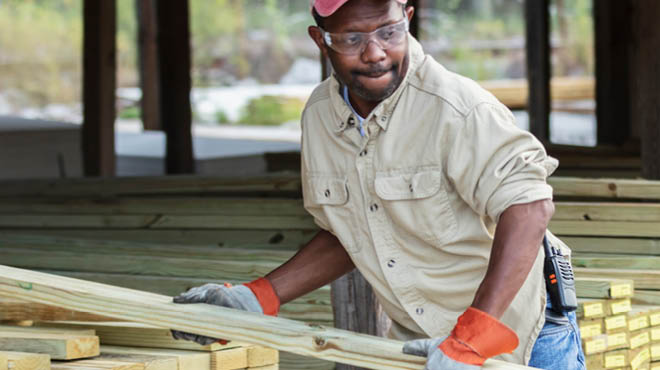
Urology
- Overview
- Why Choose Us
- Urologic Conditions & Treatments
- Prevention and Self-care
- When To Make An Appointment
- Helpful Resources
Recent Blogs
-
 Speaking of HealthToo Embarrassed to Ask: Is urinary incontinence in women treatable?August 21, 2025
Speaking of HealthToo Embarrassed to Ask: Is urinary incontinence in women treatable?August 21, 2025 -

-

Urinary Incontinence
Urinary incontinence, or the leaking of urine, is a common and often embarrassing problem. Types of urinary incontinence include leaking urine with a cough or sneeze, or an urge to urinate that's so sudden and strong that you don't get to a toilet in time.
Although urinary incontinence occurs more often as people get older, it isn't an inevitable consequence of aging. If urinary incontinence affects your daily activities, don't hesitate to see your health care provider. For most people, simple lifestyle changes or medical treatment can improve or stop urinary incontinence.
There are several causes of urinary incontinence, including:
- Physical stress
Urine leaks when you put pressure on your bladder by coughing, sneezing, laughing, exercising or lifting something heavy. - Urge or overactive bladder
You have a sudden, intense urge to urinate followed by an involuntary loss of urine. You may need to urinate often, including throughout the night. Urge incontinence may be caused by a minor condition, such as an infection, or a more-severe condition, such as a neurologic disorder or diabetes. - Overflow
You experience frequent or constant dribbling of urine due to a bladder that doesn't empty completely. - Functional
A physical or mental impairment keeps you from making it to the toilet in time, such as a condition that affects your mobility. - Lack of estrogen
This can cause slight leakage without your even knowing it. - Prolapse
Your pelvic organs have dropped and put pressure on your bladder.
Our team of experts will help develop an individualized treatment plan to manage your incontinence. A team of specialists from Urology, OB-GYN and Rehabilitation Services work together to treat the cause and conditions that may contribute to your incontinence.
Depending on specific needs, the plan of care may include:
- Bladder retraining
- Bladder support devices
- Botox injections
- Constipation management
- Exercises and biofeedback to strengthen pelvic muscles and decrease urgency
- Fluid and dietary management
- Hormone replacement therapy
- Medication
- Nonsurgical nerve therapy, such as percutaneous tibial nerve stimulation
- Prolapse surgery
- Sacral nerve therapy through the Interstim procedure
- Specialized bladder testing
- Surgical repair including minimally invasive urethral sling